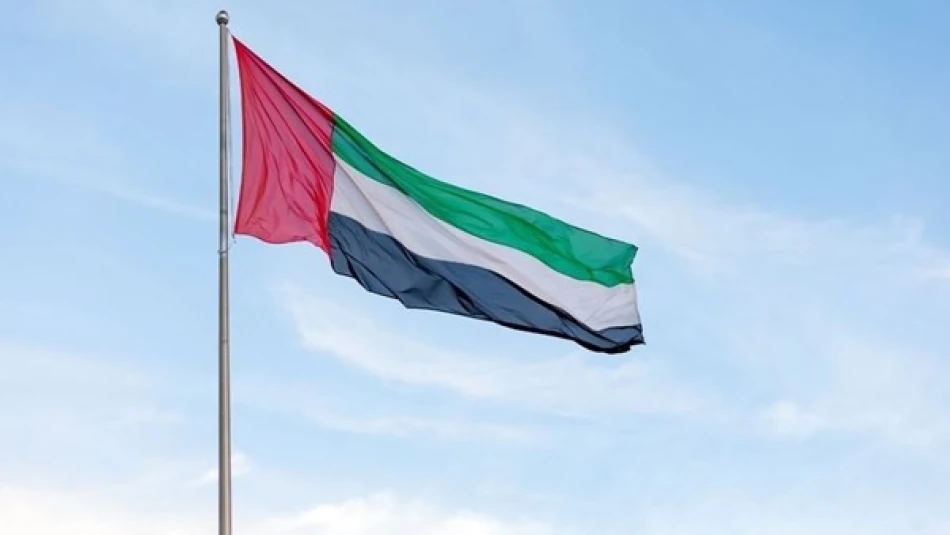
UAE Leaders Congratulate Egyptian President on Glorious July 23 Revolution Anniversary
UAE Rulers Send Congratulations to Egypt's President on July 23 Revolution Anniversary
Five UAE emirate rulers have sent congratulatory messages to Egyptian President Abdel Fattah el-Sisi commemorating the July 23 Revolution anniversary, highlighting the continued diplomatic ties between the two Arab nations despite Egypt's complex modern political landscape.
High-Level Diplomatic Engagement
The rulers of Sharjah, Ajman, Fujairah, Umm Al Quwain, and Ras Al Khaimah—all members of the UAE's Supreme Council—dispatched official telegrams to President el-Sisi marking the historic milestone. Crown princes and deputy rulers from the same emirates followed suit with similar messages, demonstrating coordinated diplomatic protocol across the federation's leadership structure.
Strategic Relationship Context
This ceremonial exchange reflects the UAE's broader strategy of maintaining strong ties with Egypt, a relationship that has proven economically beneficial for both nations. The UAE has emerged as one of Egypt's largest investors, particularly in real estate, energy, and infrastructure projects, with bilateral trade exceeding $3 billion annually in recent years.
Historical Significance of July 23
The July 23, 1952 revolution marked Egypt's transition from monarchy to republic, when the Free Officers Movement led by Gamal Abdel Nasser overthrew King Farouk. This event reshaped not only Egypt's political structure but also influenced pan-Arab nationalism across the Middle East for decades.
Modern Political Implications
The UAE's recognition of this anniversary carries particular weight given Egypt's recent political transitions. Since el-Sisi assumed power in 2014, the UAE has consistently supported his administration both diplomatically and financially, viewing political stability in Egypt as crucial for regional security and economic cooperation.
For Gulf states like the UAE, Egypt represents both a strategic partner and a buffer against regional instability. The country's large population, strategic location controlling the Suez Canal, and military capabilities make it an essential ally in the UAE's broader Middle Eastern policy framework.
Diplomatic Protocol and Regional Relations
The coordinated nature of these congratulations—involving multiple emirate rulers rather than just federal leadership—signals the importance the UAE places on its Egyptian relationship. This approach mirrors similar diplomatic initiatives the UAE has employed with other key regional partners, including Saudi Arabia and Jordan.
Such ceremonial exchanges, while largely symbolic, serve to reinforce bilateral ties and create opportunities for discussing substantive cooperation in areas ranging from investment projects to security coordination. They also demonstrate continuity in UAE-Egypt relations regardless of changing regional dynamics or international pressures.
Most Viewed News

 Layla Al Mansoori
Layla Al Mansoori






